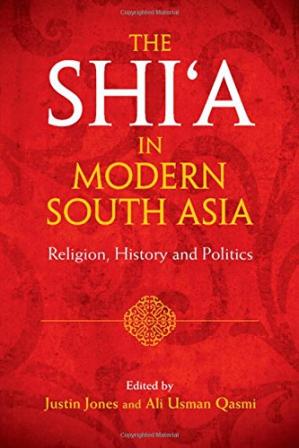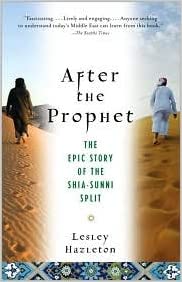The seventeenth to nineteenth centuries in Northern India marked one of the most challenging yet defining phases for the Shi’a community. Their struggle for survival was embodied in the story of Qazi Nuru’llah Shustari, a revered jurist and scholar, who was executed on 7 September 1610 (18 Jumada II, 1019 AH).
Historical records suggest that after his brutal flogging near a Mughal fort, his body may have been discarded dishonorably by religious zealots. For days, his remains lay unattended until his sons, aided by courageous Shi’a believers and independent Iranian merchants in Agra, secured permission to give him a dignified burial. This tragic event became a symbol of Shi’a perseverance under Mughal rule.
The Scholarly Legacy of Qazi Nuru’llah’s Sons
Despite the martyrdom of their father, Qazi Nuru’llah’s five sons carried forward his intellectual torch, leaving a profound mark on Islamic scholarship and Mughal society.
Sayyid Sharif — The Mujtahid Scholar
The eldest son, Allama Sayyid Sharif (1584–1611), received advanced training under renowned scholars such as Mir Taqi Shirazi and Shaykh Baha’uddin Amili. By 1603, he had already earned the rank of a mujtahid. Though encouraged by his father to pursue scholarship instead of courtly life, Sayyid Sharif’s career was tragically cut short when he died in 1611, a year after his father’s martyrdom. He authored several critical works on Qur’anic exegesis, philosophy, and comparative religion, though none survive today.
Sayyid Muhammad Yisuf — The Poet
Little is recorded about Sayyid Muhammad Yisuf, except that he was a poet who likely migrated to Iran, where he eventually passed away.
’Ala’u’l-Mulk — Royal Tutor and Philosopher
The third son, ’Ala’u’l-Mulk Shustari, became a distinguished teacher in Agra and later tutor to Prince Shah Shuja, son of Emperor Shahjahan. His close association with the Mughal court enabled him to subtly spread Shi’a intellectual traditions. His surviving book, Firdaws, reflects his philosophical depth and historical vision.
Abu’l-Ma’ali — The Theologian of Justice
Born in 1596, Sayyid Abu’l-Ma’ali championed Shi’a doctrines of Divine Justice (‘adl) and refuted Sunni theological positions. He translated and authored treatises that deepened Shi’a-Sunni debates of the era. His works reinforced the intellectual resilience of Shi’ism in India and the Deccan.
Mir ’Ala’u’d-Dawla — The Poet-Scholar
The youngest, Mir ’Ala’u’d-Dawla (b. 1603), carried forward the family’s poetic and scholarly tradition. His descendants, including Mir Jamalu’d-Din Husayn and Mir Mahdi of Bengal, became influential in Murshidabad and Patna, further strengthening Shi’a presence in eastern India.
A Continuing Struggle and Intellectual Resistance
The Shustari family’s contributions were not only about scholarship but also about safeguarding Shi’a identity under pressure. Their works on philosophy, theology, Qur’anic commentary, and poetry reflected a spirit of defiance against persecution and helped anchor Shi’a thought in the Indian subcontinent.
Through teaching, writing, and royal patronage, they preserved Shi’a ideals across Bengal, Deccan, and northern India. Their resilience became a cornerstone of Shi’a survival during Mughal rule, proving that even in the face of violence and marginalization, knowledge remained their weapon of endurance.
📚 Source:
Saiyid Athar Abbas Rizvi, A Socio-Intellectual History of the Isna ‘Ashari Shi‘is in India (16th to 19th Century A.D.), Vol. I.
Ma‘rifat Publishing House, 16 Patey Street, Campbell, Canberra, A.C.T. 2601, Australia, 1986.






